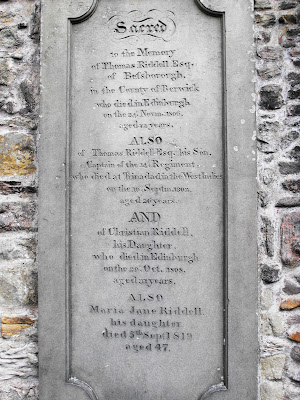This past weekend, I set off to find Hogwarts. In case you haven’t been paying attention, I am one of the biggest Harry Potter dorks ever. Just for future reference.
This past weekend, I hopped on a plane to Edinburgh, Scotland, the very place where Harry was born, nurtured, and where I’ve grown up with him all these years. I finally got to see the place I’ve only seen in my imagination for the past twelve years.
Oh. My imagination did not do it justice.
About ten minutes from my hostel, I turned a corner and there it was. The castle. Edinburgh Castle, to be exact, standing on its stately Castle Rock – the Scots, unfortunately, were not nearly as imaginative with their names as JK Rowling would be some thousands of years later.
If you’ve seen JK’s drawing of the Hogwarts grounds, it’s quite clear that Hogwarts was based off of Edinburgh castle with the one side that sweeps down gently away from the castle, which turns into the Royal Mile (aka High Street in Hogsmeade), and the other three sides where the Cliffside is as steep as when the iceberg first came along and ran right into Castle Rock. On the north side of the castle is what was once Norloch, or North lake, also known (to my tour guide anyway) as the Great Lake of Poo. It was once where all the bodily waste of the city collected, and the site of witch trials. It’s now the Princes Garden where you can walk where the witches were once drowned.
In fact, there is a simple way of telling who’s a witch or not (Ron Weasley, this is for you). Spot a witch in three easy steps! 1) Do they have red hair? If yes, check one in the witch column. 2) Do they have a birthmark? This is where the dark lord (Satan, not Voldemort) marked them in the womb. And 3) Do they have a third nipple? This is where Satan suckles when he needs sustenance. Or, you know, if you don’t like someone, they’re a witch!
Edinburgh has quite a dark history when it comes to murder and crime, witchcraft and executions, pubs and coining the term “shit-faced” which actually has quite an appropriate etymology. There are over 900 pubs in Edinburgh, did you know? I’m sure you could find the Leaky Cauldron if you looked hard enough, and maybe even a Hog’s Head.
The Royal Mile (which is actually a mile and 107 yards long) is clearly where Hogsmeade is derived from. A street lined with bricks, stocked with cheesy tourist fare and plenty of tartan, it winds downhill away from the castle and ends with Holyrood palace (which is clearly the inspiration for all Disney movies ever).
The school is set just behind Greyfriar’s Cemetery and south of Edinburgh Castle. In fact, you can see all three from the back window of the Elephant House café were JK would sit for many hours writing the novels.
The school
the windows above the word "furniture" is the cafe
While searching for Hogwarts, a trip to Greyfriar’s cemetery is necessary. The cemetery is one of the oldest in Edinburgh, named for its friars that wore grey (I told you Scots aren’t known for their creativity in naming. Can you guess what Grassmarket was?). It’s just down the road from Edinburgh University, which would pillage the graves for fresh bodies for classes, which then leads to the etymology of “graveyard shift.” This little fact is a lovely little allusion to the Deathly Hallows where Voldemort breaks into Dumbledore’s grave to steal the Elder wand.
Within Greyfriars, you will find at least three (although I heard a rumor that there are five. I only found three) namesakes that lent their names to the Harry Potter series. The first is Elizabeth Moodie – who became Alastor “Mad-Eye” Moody. The four things we know about Elizabeth Moodie is that 1) her first name was Elizabeth, 2) her last name was Moodie, 3) she was rich because she has a large gravestone, and 4) she’s dead.
The second grave you will find in Greyfriar’s with Harry Potter connections is that of William McGonagall, Scotland’s most hated poet. He once wrote a poem and tried to give it to the queen. She had her guards arrest him and toss him out of the city.
And the third, and by far the most interesting (and also the hardest one to find) is that of Tom Riddle Senior and Tom Riddle Junior – Actually, it’s Thomas Riddell Esq. and his son, Thomas Riddell Esq. (along with two daughters and extended family).
So, after all of this, did I find Hogwarts?
Yes, I did. I found it in the steep crags under the castle, in the four parapets of Heriots School, in the graveyard where Tom Riddell senior and junior greeted me like old friends. I found it in the Elephant House and their candlelit tables, sweeping views of Old Town out the window. I found it in the unicorns decorating old Scottish carpets and carvings, in the stories of death and witch trials that litter the city, of the supernatural soaking through every brick on the ground, in every cloistered alley. Hogwarts is in Edinburgh, there’s no doubt about that.
(In case you’re wondering, this was not all I did while in Edinburgh – in fact, I collected another creepy older man story, but that’s for another journal entry ;])










No comments:
Post a Comment